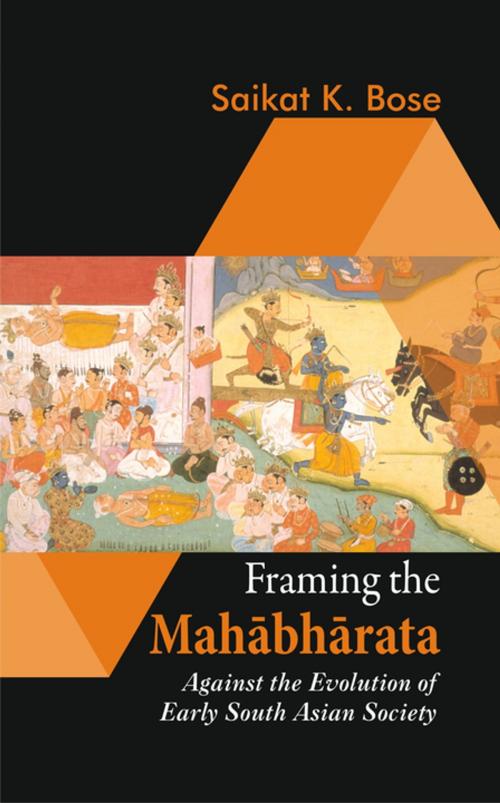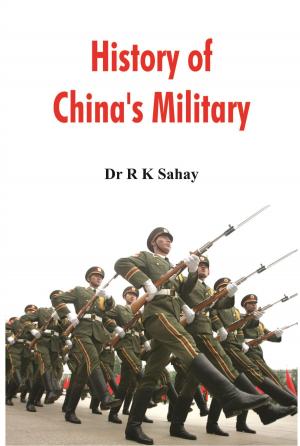Framing the Mahabharata
Against the Evolution of Early South Asian Society
Nonfiction, History, Asian, Asia, Ancient History| Author: | Saikat K Bose | ISBN: | 9789386457578 |
| Publisher: | VIJ Books (India) PVT Ltd | Publication: | May 1, 2018 |
| Imprint: | VIJ Books (India) Pty Ltd | Language: | English |
| Author: | Saikat K Bose |
| ISBN: | 9789386457578 |
| Publisher: | VIJ Books (India) PVT Ltd |
| Publication: | May 1, 2018 |
| Imprint: | VIJ Books (India) Pty Ltd |
| Language: | English |
It all probably was a tale.
However, serious research does identify some events, from about a thousand years before the Common Era, that qualify as the bases of the epic’s plot. Apparently, collective memory evolved significantly through the centuries before their stories, legends, and allegories took the forms that we know from the epic today.
And yet, even if no set of historical events can be found to correspond with epic episodes, its many stories, legends, and allegories nevertheless conform to themes that were at one time authentic. In other words, whether or not epic episodes were historical, the ideas and concepts they represent were.
It is with these ideas and concepts that Framing the Mahabharata weaves the pattern of South Asian society as it evolved through the cusp of the Bronze and Iron Ages, developing motifs we are familiar with today. Against this pattern, it reconstructs the military tactics, technology, and sociology that marked the interplay of nomadic and sedentary folks, most poignantly depicted in the career of war-chariots.
It all probably was a tale.
However, serious research does identify some events, from about a thousand years before the Common Era, that qualify as the bases of the epic’s plot. Apparently, collective memory evolved significantly through the centuries before their stories, legends, and allegories took the forms that we know from the epic today.
And yet, even if no set of historical events can be found to correspond with epic episodes, its many stories, legends, and allegories nevertheless conform to themes that were at one time authentic. In other words, whether or not epic episodes were historical, the ideas and concepts they represent were.
It is with these ideas and concepts that Framing the Mahabharata weaves the pattern of South Asian society as it evolved through the cusp of the Bronze and Iron Ages, developing motifs we are familiar with today. Against this pattern, it reconstructs the military tactics, technology, and sociology that marked the interplay of nomadic and sedentary folks, most poignantly depicted in the career of war-chariots.















